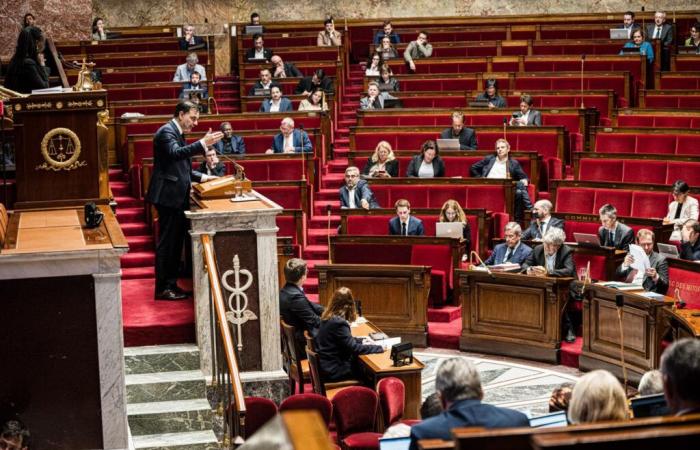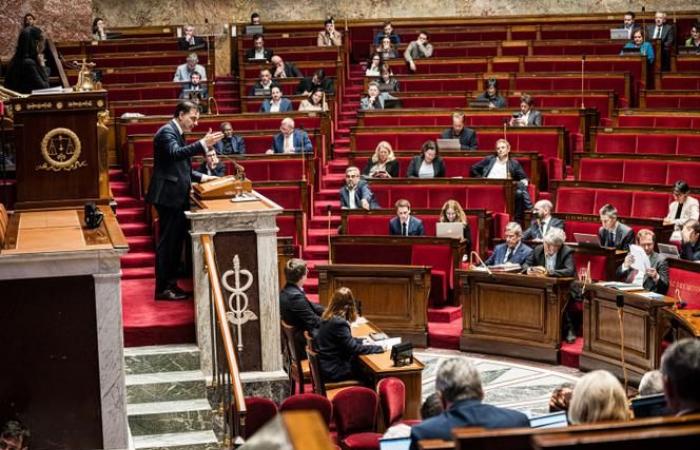In this period of strong political division over the budgetary future of France, the financial transactions tax (TTF) is one of the rare levers which could achieve consensus in a large part of the Hemicycle. At least 21 amendments to the 2025 budget, coming from both the left, the Republicans and the National Rally, propose to considerably strengthen this tax, to bring between 1.25 and 10.8 billion additional euros each year into the state coffers, according to the calculations of parliamentarians.
Read the column | Article reserved for our subscribers “Strengthening the tax on financial transactions would increase our support for the most deprived”
Read later
What is the FTT?
Theorized in the early 1970s by the American Nobel Prize winner James Tobin, the FTT consists of collecting a low tax on each transaction carried out on the financial markets. Initially focused on monetary transactions, to limit fluctuations in exchange rates, the idea of the “Tobin tax” was then extended to other types of financial exchanges. The aim is to penalize rapid exchanges considered to be the most speculative. According to the American economist, too many exchanges of this type destabilize the market, and a tax, even low, would make it possible to reduce their volume.
For decades, the FTT remained essentially wishful thinking, defended in particular since 1998 by the Association for the Taxation of Financial Transactions and for Citizen Action. But the idea gradually gained popularity, especially after the financial crisis of 2007-2008. To the argument of financial market regulation is now added a significant budgetary opportunity for heavily indebted States. Several economists, such as Gunther Capelle-Blancard, author of Taxation of financial transactions (La Découverte, 2024), see it as a painless tax lever for individuals, which could bring billions to public finances.
How does the tax in force in France work?
France is one of the rare countries to have adopted an FTT in 2012, under the presidency of Nicolas Sarkozy. As soon as they buy or sell shares of large listed French companies, investors (French or foreign) must pay a tax based on the amount of this acquisition.
Initially set at 0.1%, the rate was increased twice under the presidency of François Hollande (2012-2017): first to 0.2%, even before the tax came into force, then to current rate of 0.3%, a few months before his departure from the Elysée.
You have 73.19% of this article left to read. The rest is reserved for subscribers.







